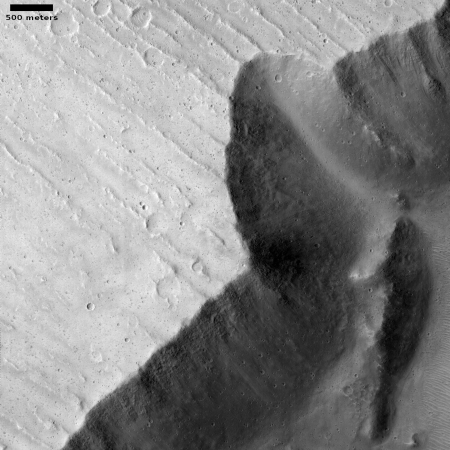Hayabusa-2 in safe mode for one day on August 29
Japan’s Hayabusa-2 space probe automatically entered safe mode for one day on August 29, causing engineers to postpone a planned operation set for Sept 5.
Hayabusa2 is equipped with four reaction wheels that are used to control the posture of the spacecraft, and posture control is usually performed using three of these reaction wheels. On August 29, the back-up reaction wheel that has not been used since October last year was tested, and an abnormal value (an increased torque) as detected. The spacecraft therefore autonomously moved into the Safe-Hold state. Details of the cause of the abnormal torque value are currently under investigation. On August 30, restoration steps were taken and the spacecraft returned to normal. However, as the spacecraft moved away from the home position due to entering Safe-Hold, we are currently having to return to the home position. We will return to the home position this weekend.
The attitude of the spacecraft is controlled by three reaction wheels as before. Entering the Safe-Hold state is one of the functions employed to keep the spacecraft safe, which means that procedures have worked normally.
In this case it is very clear that this event actually demonstrated that the spacecraft’s systems are operating properly to prevent it from becoming lost. However, the event also underlined the urgency of getting its samples from the asteroid Ryugu back to Earth.
Japan’s Hayabusa-2 space probe automatically entered safe mode for one day on August 29, causing engineers to postpone a planned operation set for Sept 5.
Hayabusa2 is equipped with four reaction wheels that are used to control the posture of the spacecraft, and posture control is usually performed using three of these reaction wheels. On August 29, the back-up reaction wheel that has not been used since October last year was tested, and an abnormal value (an increased torque) as detected. The spacecraft therefore autonomously moved into the Safe-Hold state. Details of the cause of the abnormal torque value are currently under investigation. On August 30, restoration steps were taken and the spacecraft returned to normal. However, as the spacecraft moved away from the home position due to entering Safe-Hold, we are currently having to return to the home position. We will return to the home position this weekend.
The attitude of the spacecraft is controlled by three reaction wheels as before. Entering the Safe-Hold state is one of the functions employed to keep the spacecraft safe, which means that procedures have worked normally.
In this case it is very clear that this event actually demonstrated that the spacecraft’s systems are operating properly to prevent it from becoming lost. However, the event also underlined the urgency of getting its samples from the asteroid Ryugu back to Earth.




